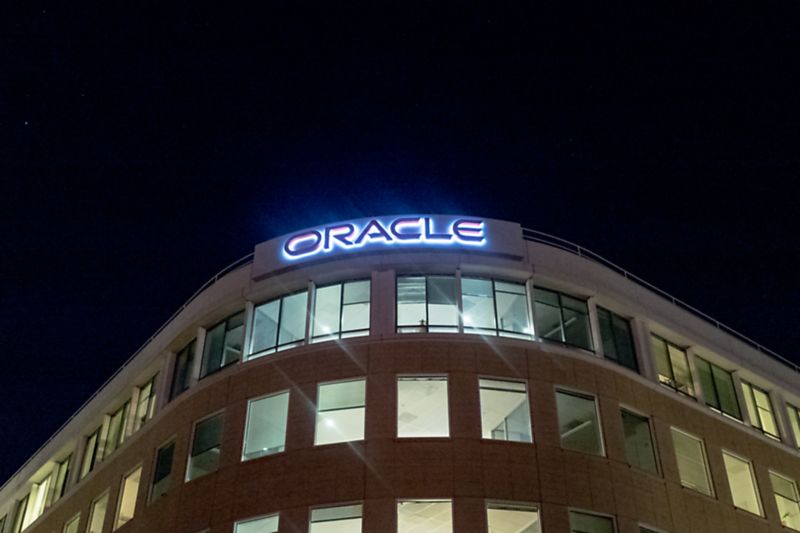Oracle copied Amazon’s API—was that copyright infringement?

Enlarge / An Oracle building in the San Francisco Bay Area. (credit: Smith Collection/Gado/Getty Images)
Charles Duan is the Director of Technology and Innovation Policy at the R Street Institute, a nonprofit think tank based in Washington, DC . He has authored several amicus curiae briefs in the litigation between Oracle and Google, as well as the article Internet of Infringing Things: The Effect of Computer Interfaces on Technology Standards. The R Street Institute has received financial support from Google. The opinions expressed here do not necessarily represent those of Ars Technica.
Early this year, the Supreme Court will hear an important case that will determine the legal status of application programming interfaces under copyright law. If the high court sides with Oracle in its multibillion-dollar lawsuit against Google's Android platform, it could stifle competition and entrench dominant technology firms-possibly including Google itself.
Oracle has accused Google of infringing copyright law by copying the API of the Java programming language. An API is essentially a language for instructing a computer on what to do. It includes a vocabulary of named commands tied to grammatical structures for how those commands are to be used. To cause Java software to perform pre-defined tasks, such as calculating a sine function or encrypting a message, a programmer must use those named commands and grammatical structures with precision, much in the same way that a Waffle House diner invokes exact code words like "scattered, smothered, chunked, and diced" to get a hash brown order correct.
Read 13 remaining paragraphs | Comments